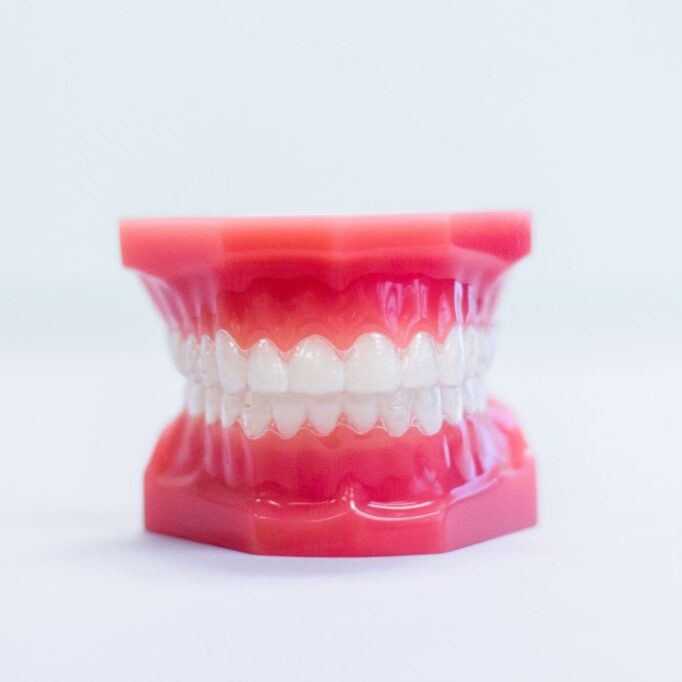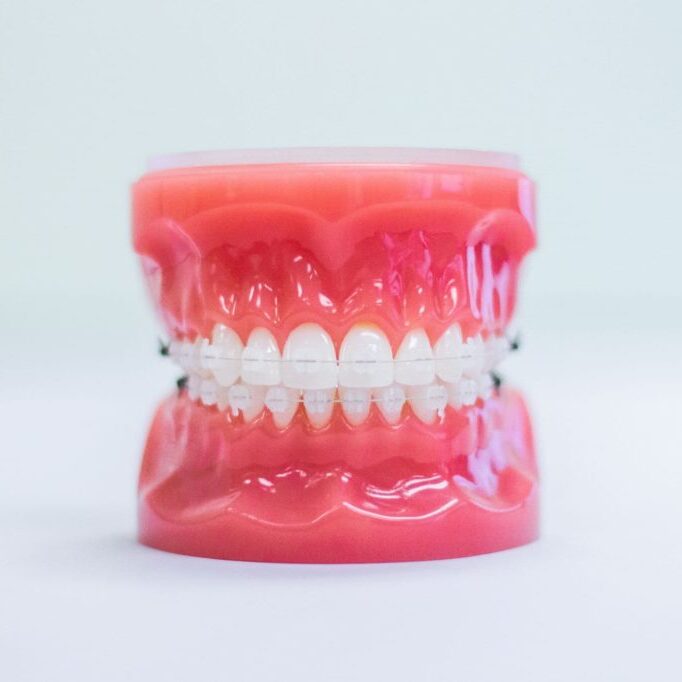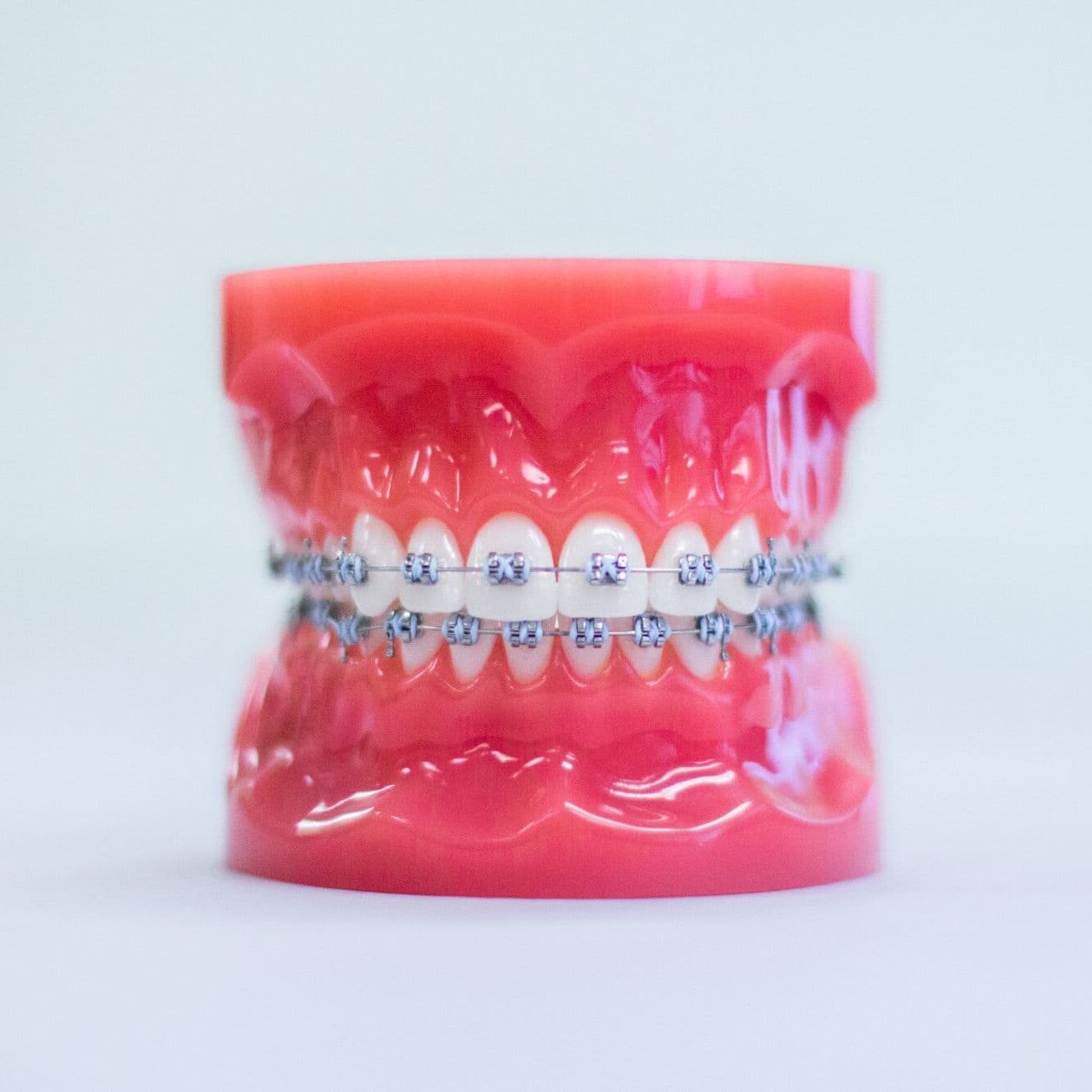You'll Love Your Smile
Types of Braces in Austin + Bee Cave
When it comes to achieving the smile of your dreams, there’s more than one way we can create it. At Luv Braces, you can choose from several treatments, so you can find the perfect option for your smile.
We use the latest orthodontic treatments and technology so you’ll get the most comfortable and fastest treatments at our Austin and Bee Cave offices. Read below to learn more about the different paths you can take to a straighter, healthier smile at Luv Braces.
Find Your Right Fit
Dr. Tahbaz and Dr. Rezapour combine cutting-edge ortho tech with their knowledge of the movement and growth of your teeth and jaws, to successfully treat lots of dental issues, like:
- Gaps between teeth
- Crowded teeth
- Crossbite
- Impacted teeth
- Overbite
- Underbite
- Protruding teeth
Which Braces Are Right for You?
At your first free consultation, Dr. Tahbaz and Dr. Rezapour will assess your teeth, gums, and jaw to figure out whether your orthodontic issues are minor, moderate, or severe.
After this exam, they’ll talk to you about your smile goals and your budget. You’ll hear our honest advice about which treatments at Luv Braces will help correct your oral issues.

INVISALIGN IN AUSTIN & BEE CAVE
Invisalign & Invisalign for Teens
Invisalign uses clear, plastic aligners that are invisible, removable, and comfortable. Since they are invisible, you can be discreet about treatment. And since they are comfortable, you will often forget you are wearing the aligners.
Invisalign Invisalign for TeensAn Alternative to Metal Braces
Clear Braces
Made from ceramic brackets, our clear braces work the same way traditional braces do. They’re a great choice for patients worried about how their braces will look, but they can be fragile.


Traditional
Metal Braces
These braces are not the same clunky and uncomfortable braces as back in the day. Technology has allowed them to become smaller, more comfortable, and more attractive. These braces are strong and effective, making them excellent for more difficult cases.
Learn MoreChoosing the Best Time for Treatment
While the age that kids get braces may vary, orthodontic treatment most often begins between 9 and 14. Some orthodontic problems are easier to correct if they’re treated early.
If Dr. Tahbaz and Dr. Rezapour think your child will need treatment, they’ll let you know when it will be best to begin treatment. This gives your orthodontists the best chance to:
- Guide jaw growth
- Lower the risk of trauma to protruded front teeth
- Correct harmful oral habits
- Improve appearance and self-esteem in your child
- Guide permanent teeth into a more favorable position
- Create a more pleasing arrangement of teeth, lips and face
What’s Phase 1, or Early Treatment?
Early treatment may prevent or intercept more serious problems from developing and may make treatment at a later age shorter and less complicated.
In some cases, Dr. Tahbaz and Dr. Rezapour can achieve results that may not be possible once the face and jaws have finished growing.
More About Your Braces Options
Most patients we treat at Luv Braces choose traditional metal braces to straighten their teeth. While metal braces are the most common type of orthodontic treatment, you have several other options at our Austin and Bee Cave offices.
After your first free consultation exam, Dr. Tahbaz and Dr. Rezapour will talk to you about which treatment would be right for you based on your unique needs and smile goals.
Invisalign Vs. Braces
To make an informed decision, you need to know the difference between fixed and removable appliances. Fixed appliances, like braces, are attached to your teeth and aren’t taken off until you complete your treatment.
Removable appliances, like Invisalign’s aligner system, are worn about 20-22 hours a day but you can take them off easily.
Aside from the obvious differences, Invisalign aligners are best at treating mild to moderate orthodontic problems. Fixed appliances are generally needed for more severe and comprehensive treatment.
